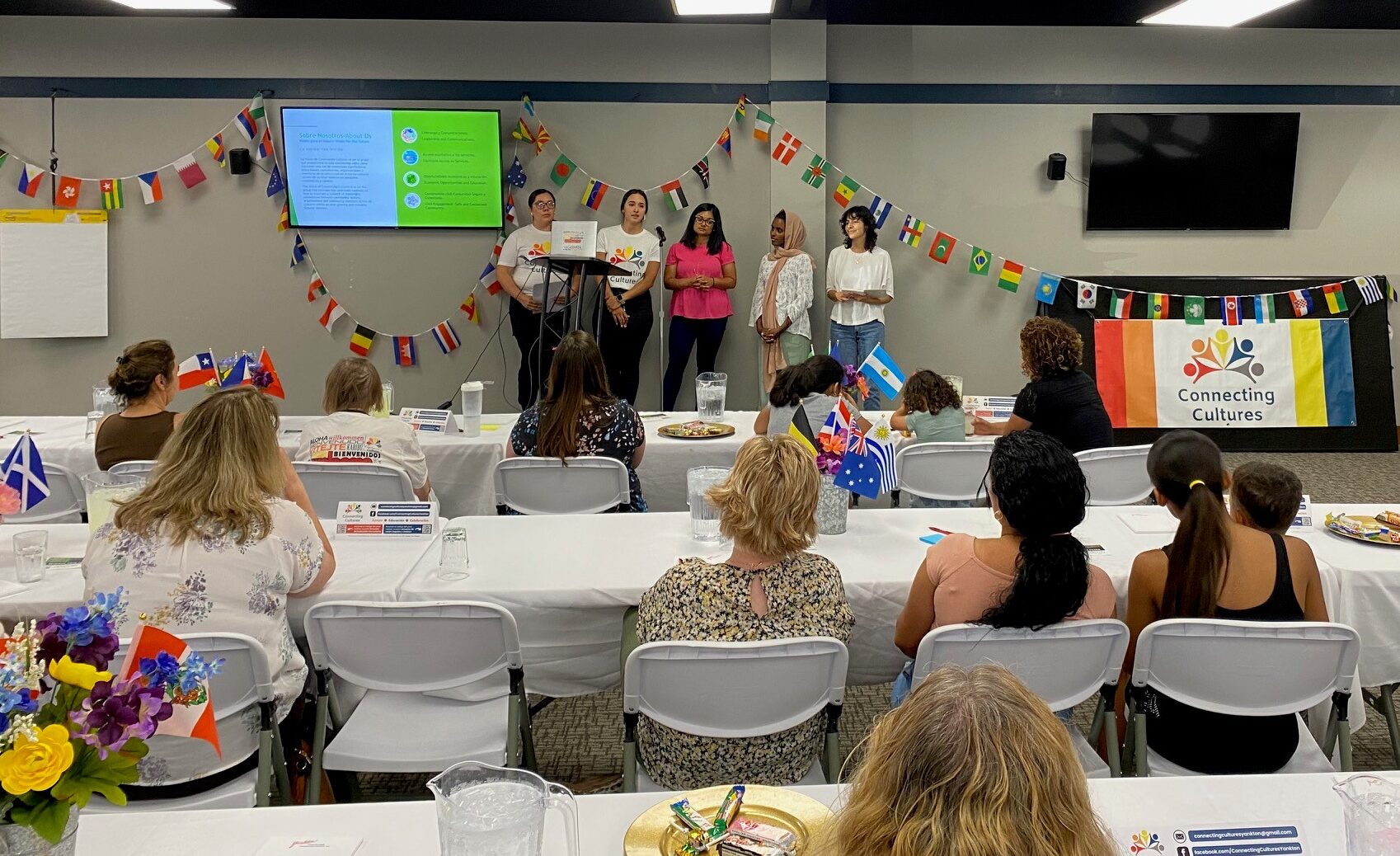Helping immigrants and refugees navigate the pandemic

As the COVID-19 pandemic began in early 2020, communities with meat-packing and other agricultural production facilities experienced significant rates of infection and deaths. These facilities employ substantial numbers of recent immigrants and refugees, but access to resources in languages other than English was difficult to find. Many immigrant and refugee households needed help with access to basic needs, information, education services, and wellness resources.
Lutheran Social Services of South Dakota (LSSSD), a past grantee partner of CDP’s Midwest Early Recovery Fund and a statewide provider of services for new Americans, quickly stepped in to meet these needs.
In July 2020, LSSSD received a grant from CDP’s Midwest Early Recovery Fund to provide disaster case management services to immigrant and refugee communities throughout South Dakota. More than 577 people from the James River Valley (including Aberdeen, Huron and Alpena) were successfully served by this organization, offering culturally and linguistically appropriate services.
The grant allowed LSSSD to hire a full-time case manager from the Huron community who spoke Karen and Burmese. In response to the pandemic, LSSSD connected hundreds of individuals to resources and services as they struggled with mental health challenges, income loss, sickness and death.
“Having a Karen case manager to work with the community was immensely beneficial. The fact that she was from the Karen community and spoke Karen and Burmese was incredibly helpful. She responded quickly to the community’s needs and helped ease the stress caused by COVID-19 to many families…. Without her efforts, many local social service organizations would have struggled to manage the influx of people needing assistance and language/cultural barriers.” – LSSSD
With the help of South Dakota Voices for Peace, LSSSD partnered with the Glacial Lakes Multicultural Center (GLMC) in Watertown, South Dakota, and Thrive in Yankton, South Dakota. By connecting with local immigrant communities, outreach coordinators were able to find local services and identify barriers and challenges for immigrants. Members of the underrepresented communities could speak in a safe environment for the first time.
The Yankton Thrive program provided translation services and bilingual materials to community members and events. In Watertown, GLMC expanded English as a Second Language classes to other communities and provided translation services to employers, schools and medical appointments.
With funding from CDP and South Dakota’s Crisis Counseling Program, LSSSD disaster case managers provided COVID-19 resources, case management services and need assessments. They referred clients to counseling, spiritual advisors and other services, made appointments, and assisted with follow-up.
LSSSD also offered disaster response training to behavioral health staff across the state to help them prepare to respond to future disasters. South Dakota now has teams in multiple locations that can serve as disaster case managers or serve on long-term recovery groups if needed.
In all, LSSSD provided direct, tangible assistance to help communities weather difficult economic and social times, a safe space for the voices of the underrepresented community members to be heard, and opportunities to build connections that ensure better access to services for all community members. CDP is proud to support LSSSD’s efforts to help communities navigate and recover from the pandemic.
